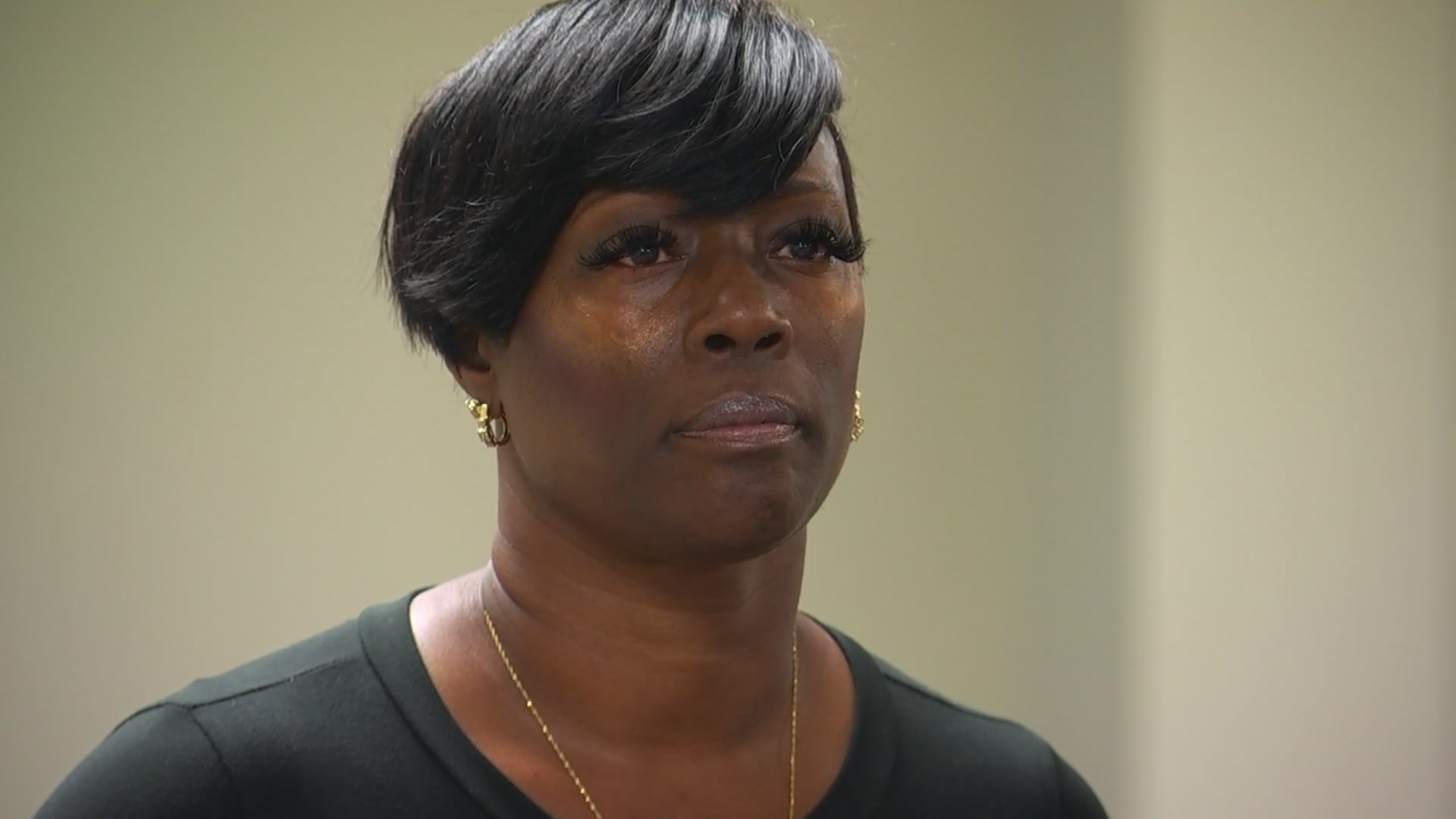A new initiative launched in Fort Worth on Wednesday aims to help more small business owners by giving more people access to capital for businesses or affordable housing development projects.
The program is called CDFI Friendly Fort Worth. CDFI’s are community development financial institutions, and the program will act as a liaison between business owners, non-profits, and affordable housing developers with flexible loans. Mark Pinksy with CDFI Friendly America said their model is focused on serving people in underserved communities around the country.
CDFI's have been working successfully in communities of color and other under-resourced places for more than 30 years, according to the city of Fort Worth.
“It sort of becomes an investment vehicle for a large number of funders and investors. They may be banks, they may other financial institutions. They may be corporations,” Pinksy said. “They bring all of that money together and they pool it. They essentially share the risk, then the CDFI is managing the risk of lending money in the communities that traditional financial institutions or mainstream financial institutions that don’t lend in.”
Get DFW local news, weather forecasts and entertainment stories to your inbox. Sign up for NBC DFW newsletters.
At the launch Wednesday, city leaders including Fort Worth mayor Mattie Parker and Fort Worth economic development director Robert Sturns highlighted the disparity in loans and funding within underserved communities.
“Fort Worth has really, for a long time, struggled frankly to focus in our communities that need us most. Especially, our Black and Hispanic communities that have amazing businesses that really teeter every month to month to just make it,” Mayor Parker said. “That’s frustrating because we know their capacity is much bigger.”
When the pandemic began, Sturns said the city made “an aggressive effort” to get almost $55 million in CARES Act funding to small businesses. Though 30% of that funding went to minority-owned businesses, Sturns said they realized “there was still a significant gap that needed to be overcome”.
Local
The latest news from around North Texas.
“If you look at the data, look at anything about how small businesses are faring these days, you’ll find that minority-owned small businesses have been disproportionately impacted by this pandemic and have historically had issues with getting the appropriate level of funding for their business operations,” he said Wednesday. “You don’t need to look at the data, look at trends to understand that businesses in our underserved areas are not thriving as well as they should be.”
According to a 2010 report from the U.S. Department of Commerce, minority-owned firms and businesses are more likely to be denied loans. The same report found minority-owned businesses that did receive loans were more likely to higher interest rates.
“This is for everybody. This is for anyone who feels like they haven’t been able to get access to capital for what they want to do. We can’t necessarily finance everything but we will finance everybody we can,” Pinksy said, explaining their mission. “The issue for us in Fort Worth is just a long history of people of color having difficulty gaining access to capital. It’s not just Fort Worth. It’s true all over the country. We see it all over the country. Really, what it means is that banks and CDFI’s come together to figure out how to make that funding work.”
Jeremis Smith is the owner of Legacy Construction Solutions and Legacy Wealth Management. Smith played basketball professionally for several years before retiring from the sport and moving back home to Fort Worth, where he has launched his business.
“We’ve been doing projects close to downtown Fort Worth. We own property in Chicago, Atlanta and partner with some companies in D.C. as well,” Smith said. “We need the hope in southeast Fort Worth. To hear an entity that is willing to help in a non-traditional way, it peaks our interest.”
The city has committed $3 million toward the effort. CDFI Friendly Fort Worth expects to see up to $250 million in new CDFI lending over the next five years.



